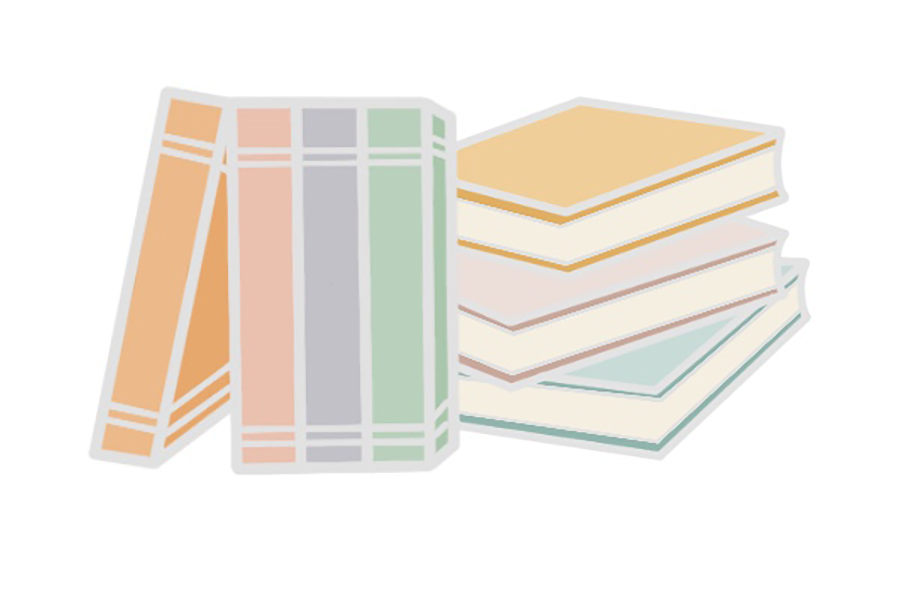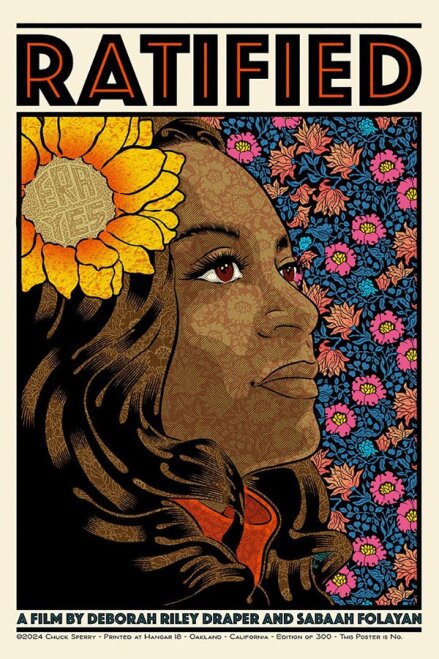I was talking to a student from Russia the other day about an experience I had during my undergraduate year abroad in the Soviet Union in the late 1970s. As part of a class I was taking I remembered being required to attend a poetry reading. While I no longer recall the name of the poet, I’ll never forget the standing room only crowd that filled the hall where he spoke. People of all ages, from pre-teens to men and women in their 80s, listened transfixed for well over an hour as the poet read from his works.
I have never attended a literary event, before or since, that commanded such rapt attention from an audience. When the reading came to a close there was absolute silence. Then the hall erupted in rapturous applause and loud, exuberant cheering that seemed to go on forever, more in the manner of a rock concert than a poetry reading.
I asked the student whether, in her experience, such a response was typical. She was not at all surprised by it. She told me she had grown up surrounded by poetry, learning it by heart in school, having it read to her, writing it herself. As a teenager, she was in love with the early 20th century poet Sergei Yesenin and had posters of him on her walls. She did not consider herself unusual.
Since then I’ve been struck on more than one occasion by the high regard in which certain cultures seem to hold their poets, the easy familiarity with which they incorporate poetry into their everyday lives. By comparison, we in the United States seem almost squeamish when it comes to poetry. To be sure, we have our own poetry greats, but we don’t elevate them to the level of national heroes as some cultures do. A poll conducted in Moscow in the late 1990s asked respondents which Russian they thought had made the biggest contribution to world history. In second place, sandwiched between Peter the Great and Lenin, was Alexander Pushkin, Russia’s greatest poet. In Pakistan, the birthday of Muhammad Iqbal, the revered “poet of the East”, is celebrated every year as a national holiday. A student from Pakistan told me that the lyrics to many popular songs, enjoyed by Pakistanis of all ages and walks of life, are, in fact, poems — the ghazals and qawali of some of the country’s most eminent poets. When I hear this, I sometimes think we are missing something.
April is National Poetry Month, a celebration of poetry established in 1996 by the Academy of American Poets to highlight the extraordinary legacy and ongoing achievement of American poets, and to introduce more people to the pleasures of reading poetry. So if all this talk of poetry inspires you to explore further, now would be the perfect time. And what better place to start than Madison College Libraries?
Browse the shelves in the poetry section (Dewey 811 for American and 821 for British poetry) to find works by Langston Hughes, Mary Oliver, Stanley Kunitz, Gwendolyn Brooks, Dylan Thomas, Adrienne Rich, and many, many others.
If you prefer to find your poetry online, our LitFinder database, is an excellent resource. Here you can search for individual poems – by title, first line or last line –, or browse the works of a specific poet.
To watch streaming video of poets reading from their works, profiles of poets, or a discussion of poetry as an art form, take a look at our Films on Demand video database. A simple search on the term “Poetry” yields more than one hundred titles.
Finally, the Academy of American Poets offers a variety of ways for you to incorporate poetry more easily into everyday life. Check out their web site at www.poets.org, sign up to receive a poem a day in your email, or download their mobile app and have the site’s entire collection of over 2,500 poems in the palm of your hand.
The poet Walt Whitman said, “To have great poets, there must be great audiences.” Become a part of the audience and discover the world of poetry.

























